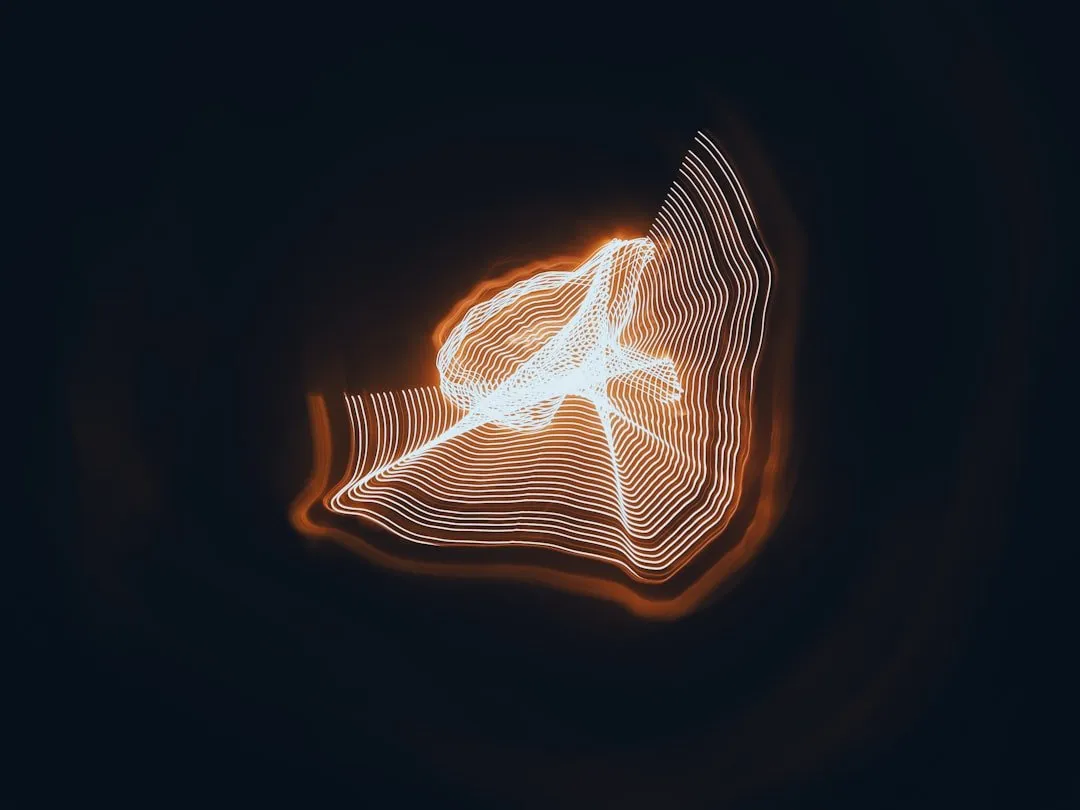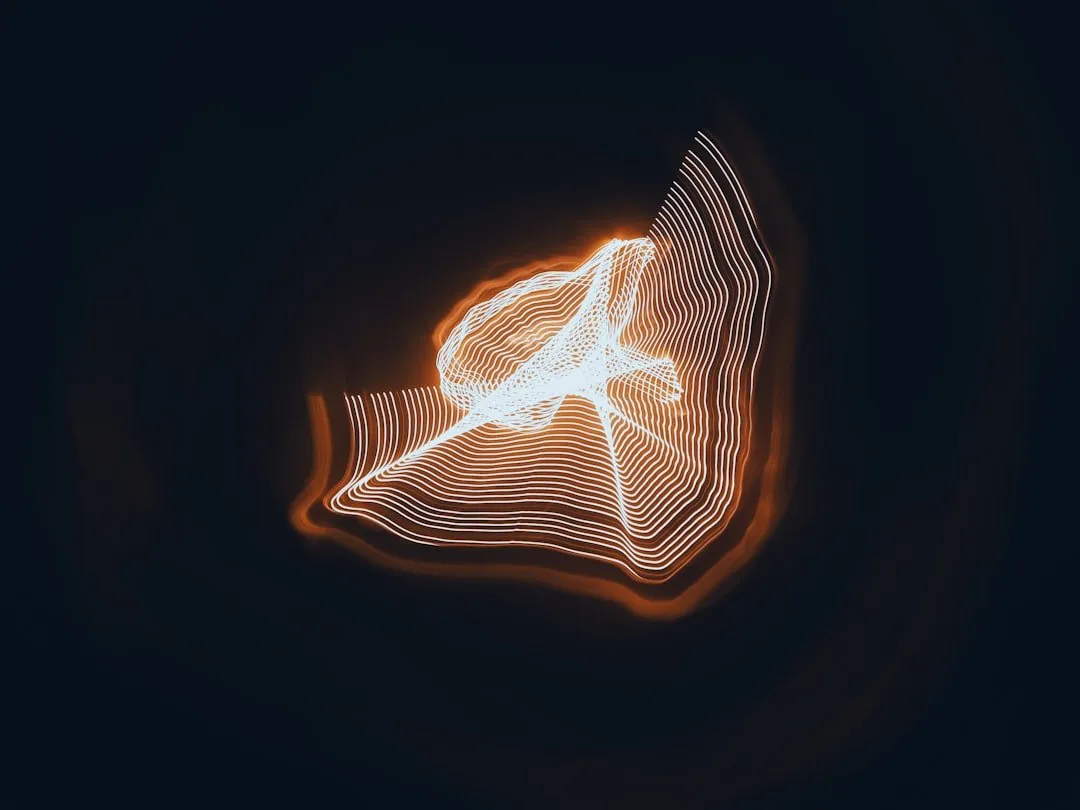Kratom, a Southeast Asian tropical tree, is gaining popularity as a natural remedy for insomnia and mental fatigue due to its active compound mitragynine, which interacts with brain receptors. Specific strains like red kratom promote relaxation without drowsiness, aiding sleep quality. While effective, using kratom for insomnia requires caution: start with low doses, understand strain effects, and consult a healthcare professional before use, especially for individuals with health conditions or on medication.
“Unleash your mental potential with Kratom, a natural herb gaining traction for its cognitive-enhancing properties. This article delves into how Kratom can improve mental focus and clarity, offering a unique solution for those seeking enhanced productivity. We explore its role in combating insomnia, a common hurdle to achieving mental acuity. Furthermore, discover safe use guidelines and considerations to ensure optimal results from your Kratom journey. Uncover the potential of this ancient herb in modern times, especially as a viable option for managing sleep-related issues.”
- Understanding Kratom and Its Effects on Mental Focus
- Exploring Kratom as a Potential Insomnia Solution
- Safe Use and Considerations for Optimal Results
Understanding Kratom and Its Effects on Mental Focus

Kratom, scientifically known as Mitragyna speciosa, is a tropical tree native to Southeast Asia that has gained significant attention for its potential therapeutic benefits. The plant’s leaves contain various alkaloids, with mitragynine being the primary active compound responsible for its effects on the central nervous system. When consumed, kratom interacts with opioid receptors and other neurotransmitter systems in the brain, leading to a range of effects, including enhanced mental focus and clarity.
For individuals struggling with mental fatigue, stress, or even insomnia, kratom has emerged as a natural alternative. Its ability to boost alertness without causing jitters or anxiety makes it an appealing option for those seeking improved cognitive performance. Research suggests that kratom’s soothing properties can aid in relaxation while maintaining focus, which is particularly beneficial for managing insomnia and promoting better sleep quality. By understanding the complex interplay of kratom’s compounds with brain chemistry, we uncover a potential tool to enhance mental focus and overall well-being.
Exploring Kratom as a Potential Insomnia Solution

Kratom, derived from the leaves of the Mitragyna speciosa plant, has gained attention for its potential benefits in enhancing mental focus and clarity. Beyond its well-known effects on mood and energy, kratom also shows promise as a natural remedy for insomnia. Many users report that specific strains of kratom, such as red kratom varieties, promote relaxation without inducing drowsiness, making them effective for those seeking better sleep quality.
The mechanism behind kratom’s insomnia-relieving properties is thought to involve its interaction with opioid receptors in the brain and body. By activating these receptors, kratom can help regulate sleep-wake cycles, reducing the time it takes to fall asleep and improving overall restfulness. However, it’s important to note that kratom’s effects on sleep can vary significantly depending on the individual and the specific strain and dosage used, making it crucial to approach its use for insomnia with caution and proper guidance.
Safe Use and Considerations for Optimal Results

Using Kratom for improved mental focus and clarity can be effective, but it’s crucial to approach it with caution and consideration. For optimal results, it’s essential to start with a low dose and gradually increase as needed. Different kratom strains offer varying levels of activity, so understanding their effects is key. Maeng Da, for instance, is known for its potent energy-boosting properties, while Red Bali provides a more calming effect.
Remember that consistency is vital; regular use can help build tolerance and maximize the benefits. However, be mindful of potential side effects like jitteriness or digestive issues, especially with high doses. For those considering kratom as a remedy for insomnia, a morning or afternoon routine might be more suitable. Always consult with a healthcare professional before incorporating any new supplement, particularly if you have existing health conditions or are taking medication.
Kratom has emerged as a natural alternative for those seeking improved mental focus and clarity, with its ability to enhance cognitive performance without causing addiction or harsh side effects. As discussed, it shows promise as a treatment for insomnia, offering a calming yet energizing effect that can benefit those struggling with sleep disturbances. However, safe use is paramount, including mindful dosage and considering individual tolerance. With proper precautions, kratom can potentially revolutionize sleep quality and mental acuity, providing a peaceful respite from the hustle and bustle of daily life.














